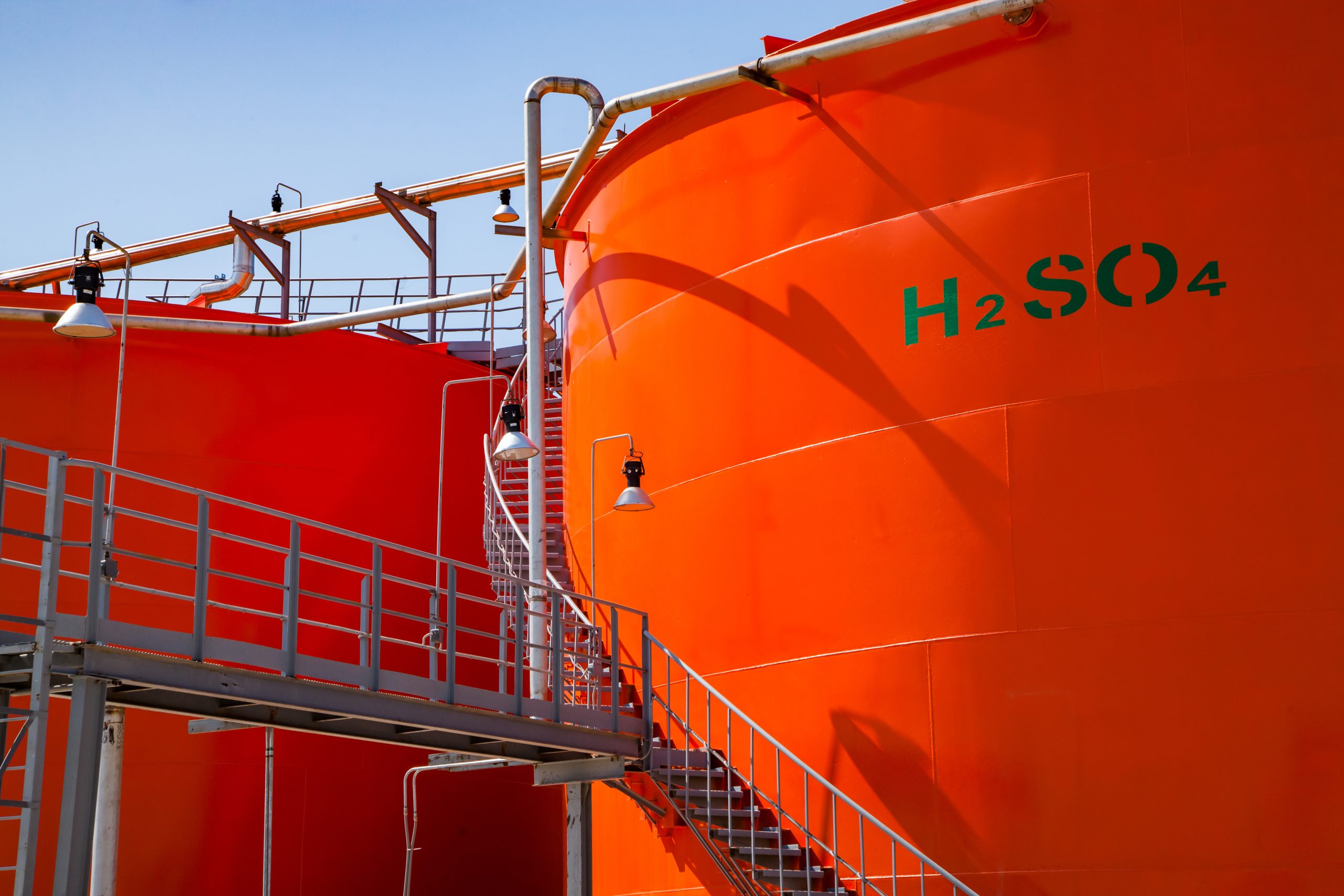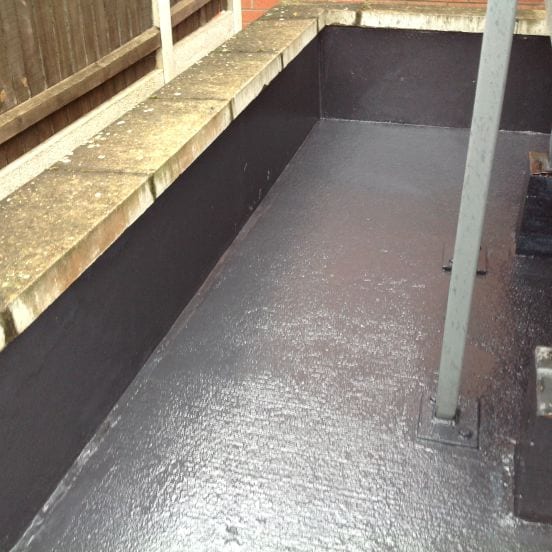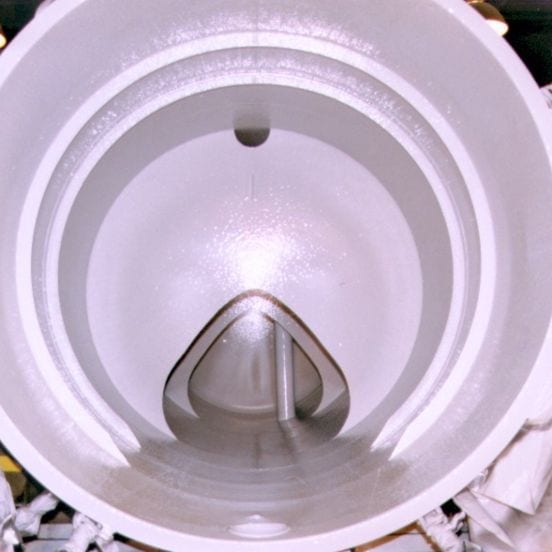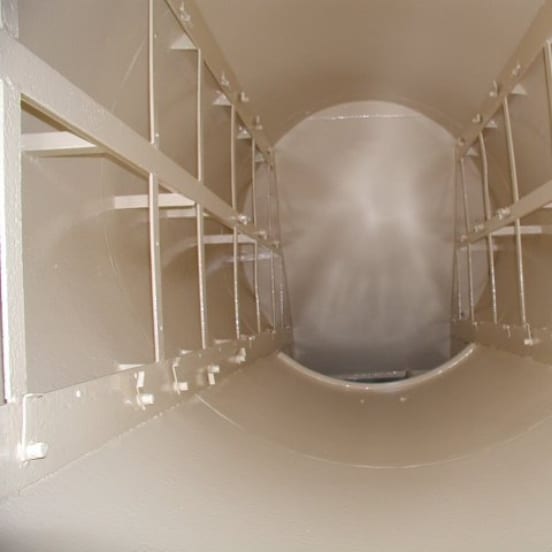What is an Epoxy Novolac Coating
An epoxy novolac coating is a type of protective coating that is commonly used in industrial and commercial settings. It is made up of a two-part system, consisting of an epoxy resin and a novolac hardener. Novolac is a type of phenolic resin that is known for its exceptional resistance to chemicals, heat, and other harsh environmental conditions.
Epoxy novolac coatings are often used in applications where traditional epoxy coatings are not suitable, such as environments that are exposed to high temperatures or harsh chemicals.
They are frequently used in the chemical processing industry, as well as in oil and gas refineries, power plants, and other industrial settings.
Epoxy novolac coatings are known for their excellent adhesion to substrates, as well as their ability to provide superior protection against corrosion, abrasion, and chemical attack.
They are also highly resistant to thermal shock and are capable of withstanding temperatures up to 300°F (149°C) or higher, depending on the specific formulation.
Overall, epoxy novolac coatings are a high-performance option for protecting and extending the life of equipment and structures in harsh and demanding environments.
What are the advantages of using an Epoxy Novolac Coating
Novolac is a type of phenolic resin that offers several advantages as a component of epoxy coatings and other materials. Some of the advantages of novolac include:
-
Chemical resistance: Novolac resins have excellent resistance to a wide range of chemicals, including acids, alkalis, solvents, and other aggressive substances. This makes them ideal for use in applications where protection against chemical attack is critical.
-
Thermal stability: Novolac resins are highly stable at high temperatures, making them suitable for use in environments that are exposed to heat and thermal cycling.
-
Durability: Novolac resins are known for their exceptional durability and resistance to wear and abrasion, making them ideal for use in coatings and other protective materials.
-
Adhesion: Novolac resins have excellent adhesion to a wide range of substrates, including metals, concrete, and other materials.
-
Customization: Novolac resins can be modified to meet specific performance requirements, such as increased chemical resistance or improved thermal stability.
Overall, novolac resins offer a range of advantages that make them ideal for use in a wide range of applications, including protective coatings, adhesives, and composites.
Our Epoxy Novolac Coatings
-
M-CHEM 300 – Acid Resistant Epoxy Novolac Coating
£234.50 – £798.10 Excl VAT Select options This product has multiple variants. The options may be chosen on the product page -
M-CHEM 400 – Chemical Resistant High Temperature Coating
£247.10 – £842.40 Excl VAT Select options This product has multiple variants. The options may be chosen on the product page -
M-CHEM 401 – Acid Resistant High Temperature Coating – Extended Cure
£247.10 – £842.40 Excl VAT Select options This product has multiple variants. The options may be chosen on the product page
Typical - Novolac Epoxy Chemical Resistance Chart
| Enhanced Chemical Resistance when post cured Acetic Acid 10% at 50˚C Ethanol 100% at 75˚C Sulphuric Acid 98% at 75˚C Sulphuric Acid 25 -75% at 90˚C Hydrochloric Acid 10-36% at 50˚C Phosphoric Acid 20-40% at 60˚C Nitric Acid 5% at 50˚C Sodium Hydroxide 40% at 90˚C Sodium Chloride 20% at 90˚C | Chemical Resistance tested at 20˚C Chromic 10% Hydrobromic 40% Hydrochloric 36% Nitric 10% Nitrous 10% Phosphoric 75% Sulphuric 98% Acetic 10% Carbonic 30% Citric 30% Folic 20% Formic 10% Lactic 10% Ammonium hydroxide 30% Potassium hydroxide 20% Sodium hydroxide 40% Sodium Bisulfate 40% | Chemical Resistance tested at 20˚C Butanol 100% Ethylene glycol 100% Hexanol 100% Propylene glycol 100% Aniline 100% Diethanolamine 100% Hydrazine 100% Methylamine 40% Cyclohexane 100% Hexane 100% Octane 100% Benzene 100% Naphtha 100% Toluene 100% Xylene 100% |
Tips for working with Epoxy Novolac Coatings
When using an epoxy novolac coating for your project, it’s important to remember a few key tips. First, you need to ensure that the surface preparation, temperature and humidity levels are in the ideal range for the product been used, this information is usually on the epoxy novolac data sheet.




